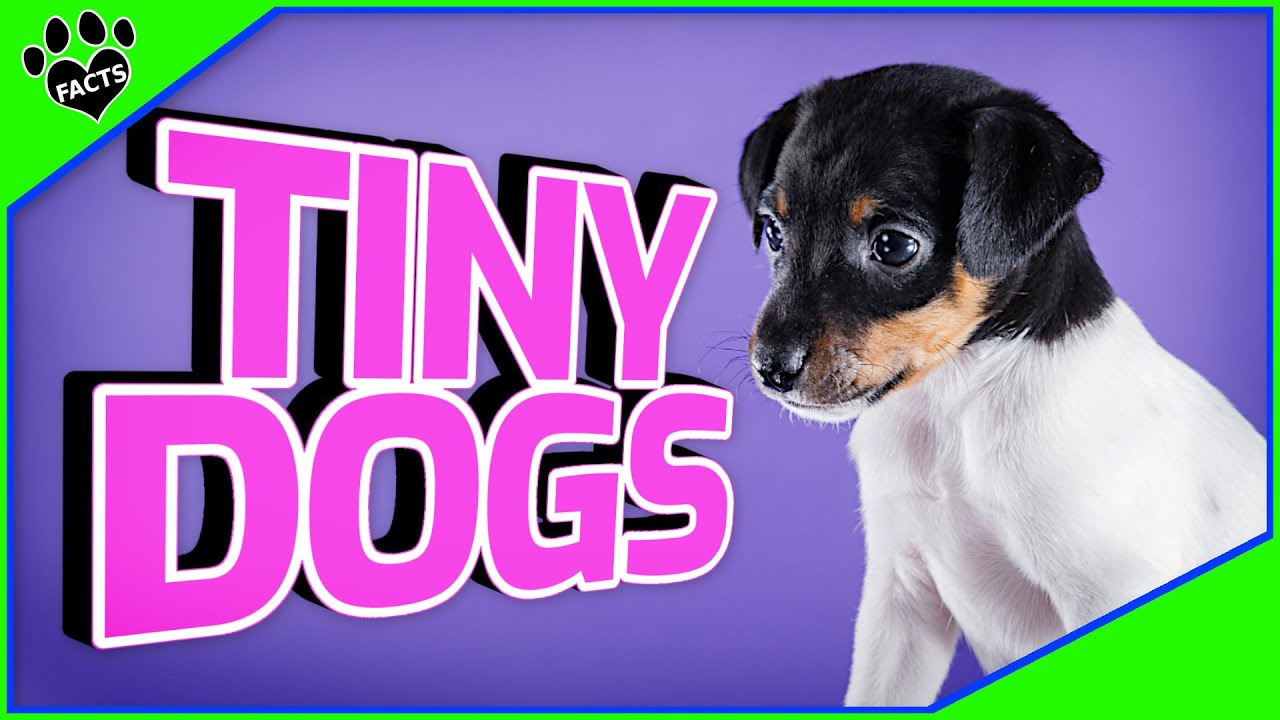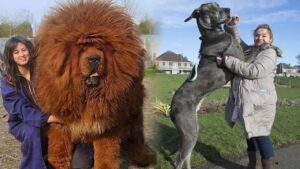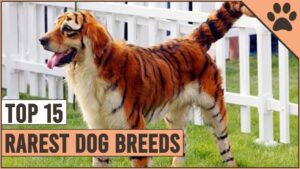Introduction
Have you ever marveled at the adorable tiny dogs that seem to stay perpetually small, no matter how much time passes? These pint-sized pups, often referred to as toy breeds, captivate us with their petite frames and irresistible charm. But what makes them stay so small? In this article, we’ll delve into the fascinating world of toy breeds, exploring the factors behind their miniature stature and why they remain forever tiny.
Understanding Toy Breeds: What Makes Them Different?
Toy breeds encompass a diverse group of small dogs known for their diminutive size and endearing personalities. From the playful Chihuahua to the elegant Maltese, these pint-sized companions have carved a special place in our hearts. Unlike larger breeds, toy dogs have unique characteristics that contribute to their perpetual smallness.
Genetics: The Key to Tiny Stature
At the heart of the matter lies genetics, playing a crucial role in determining a dog’s size. Toy breeds are selectively bred to maintain their small stature over generations. Breeders carefully choose mating pairs with desired traits, emphasizing smaller size to produce offspring that epitomize the breed standard. Through meticulous breeding practices, these tiny dogs inherit genes predisposing them to stay small throughout their lives.
Miniaturization: Nature’s Marvel
Nature has its way of creating wonders, and miniaturization is one such marvel seen in toy breeds. Through a process known as selective breeding, humans have accelerated the natural tendency for some dogs to remain small. Over time, this artificial selection has led to the development of breeds specifically bred for their petite size, ensuring they stay small forever.
Metabolism Matters: Small Dogs, Big Energy
Despite their diminutive size, toy breeds boast high energy levels packed into their tiny frames. Their small stature is accompanied by a fast metabolism, enabling them to burn calories quickly. This energetic disposition often surprises owners, as these little dogs possess a zest for life that defies their size.
Health Considerations: Supporting Small Bodies
While toy breeds may seem delicate, they are resilient companions with specific health needs. Their small size predisposes them to certain health issues, including dental problems and tracheal collapse. Responsible pet ownership entails providing proper dental care and avoiding activities that strain their delicate tracheas, ensuring these tiny dogs live long, healthy lives.
Lifestyle Adaptations: Living Large in a Small Package
Living with a toy breed requires a few adjustments to accommodate their petite size. From choosing the right-sized toys to creating safe environments free of hazards, pet parents must ensure their tiny companions thrive in their surroundings. Despite their small stature, these dogs have larger-than-life personalities, enriching our lives with their affectionate nature and playful antics.
The Bonding Experience: Tiny Dogs, Big Hearts
One of the most rewarding aspects of owning a toy breed is the deep bond formed between human and canine. These pint-sized companions possess an innate ability to melt our hearts with their unwavering loyalty and unconditional love. Whether snuggled in our laps or trotting by our side, these tiny dogs remind us of the profound joy found in companionship.
Conclusion
In the world of toy breeds, these tiny dogs stay small forever, enchanting us with their miniature stature and larger-than-life personalities. Through the interplay of genetics, miniaturization, and lifestyle adaptations, these pint-sized companions carve out a special place in our lives, bringing endless joy and companionship.
Frequently Asked Questions
1. Are toy breeds suitable for families with children? Absolutely! Many toy breeds are well-suited for families with children, but it’s essential to choose a breed with a temperament compatible with your family dynamics and lifestyle.
2. Do toy breeds require special grooming? While grooming needs vary among toy breeds, most require regular grooming to keep their coats healthy and free of mats. Consult with a professional groomer or your veterinarian for specific grooming recommendations for your toy breed.
3. Are toy breeds prone to certain health problems? Like all dogs, toy breeds may be predisposed to certain health issues. Dental problems, luxating patellas, and collapsed tracheas are among the common health concerns in toy breeds. Regular veterinary check-ups and preventive care can help mitigate these risks.
4. Can toy breeds be trained effectively? Despite their small size, toy breeds are highly intelligent and trainable. Positive reinforcement techniques tailored to their personality and energy levels can yield excellent results in training these tiny dogs.
5. How much exercise do toy breeds need? While toy breeds have small bodies, they still require regular exercise to stay healthy and happy. Daily walks, play sessions, and interactive toys can help fulfill their exercise needs while providing mental stimulation.



